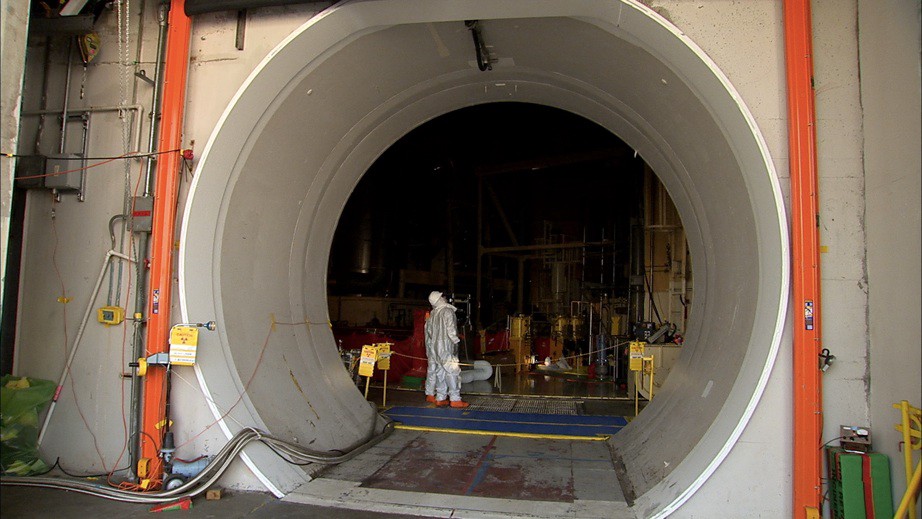Ivy Meeropol is an acclaimed documentary filmmaker. Her work has been featured on the Sundance Channel and HBO. Meeropol’s films have been nominated for numerous awards, and her feature, “Heir To An Execution,” was shortlisted for an Academy Award. (Tribeca Film Festival)
“Indian Point” will premiere at the 2015 Tribeca Film Festival on April 17.
W&H: Please give us your description of the film playing.
IM: “Indian Point” is about one aging and controversial nuclear power plant in the age of Fukushima. The story is told from both inside and outside the plant, through characters who care deeply about its future. In addition, the political pummeling and subsequent ousting of the former Chairman of the Nuclear Regulatory post-Fukushima reveals the serious challenges we face as a nation to ensure the safety of our aging fleet of plants.
W&H: What drew you to this story?
IM: At first, it was the mysterious and ominous reactor domes of Indian Point that drew my curiosity and made me want to see inside and know the people who worked there. I also wanted to challenge my own preconceptions about nuclear power and confront something that scared me. It was also the fight over the plant’s application for a license renewal, which the NRC said was the most contentious they’d ever seen, that lent the story some drama that could potentially carry a film.
W&H: What was the biggest challenge in making the film?
IM: Getting the kind of access to the plant and the people there that I needed in order to show a side of this issue that is seldom seen.
W&H: What do you want people to think about when they are leaving the theater?
IM: That there are consequences to our insatiable demands for energy and there are no easy answers for how to capture that energy safely. But even more pressing, since we are currently using nuclear power across the country and the globe, nuclear power plants must be regulated, and we need to be certain that our regulatory bodies are not compromised by their relationships with industry.
W&H: What advice do you have for other female directors?
IM: Don’t be afraid to ask for what you need to get the story you want. Be yourself and be informal. Forming trusting relationships with subjects is key to the success of the film, so if you’re trying to be anything other than yourself, it won’t work. Recognize that both men and women might be more comfortable opening up to a woman than a man. Use that to your advantage.
W&H: What’s the biggest misconception about you and your work?
IM: That I care more about an agenda than story and character.
W&H: How did you get your film funded? Share some insights into how you got the film made.
IM: We funded the film through grants and equity investment. This film was a challenge to fund from the very beginning. I relied on the generosity and faith of my crew (read: deferred payments!) to get us to a place where we had some footage to show. Small grants came in, and then The Catapult Fund supported us at a crucial time. A big turning point was being invited to the first-ever Catalyst Weekend at Sundance, where my producer Julie Goldman and I pitched the film to a room full of well-heeled investors. Our first equity investor came that very day and the next one after, we stayed in touch and I showed her more footage later. The MacArthur Grant helped put us over the top late in the game. We’re still fundraising now!
W&H: Name your favorite woman-directed film and why.
IM: I can’t name just one, but Agnes Varda’s “The Gleaners and I,” Debra Granik’s “Winter’s Bone” and Lisa Cholodenko’s “High Art” all come to mind as intensely humanizing works that, through a kind of beautiful realism and detail, reveal the complexity of their female — and male — characters.







